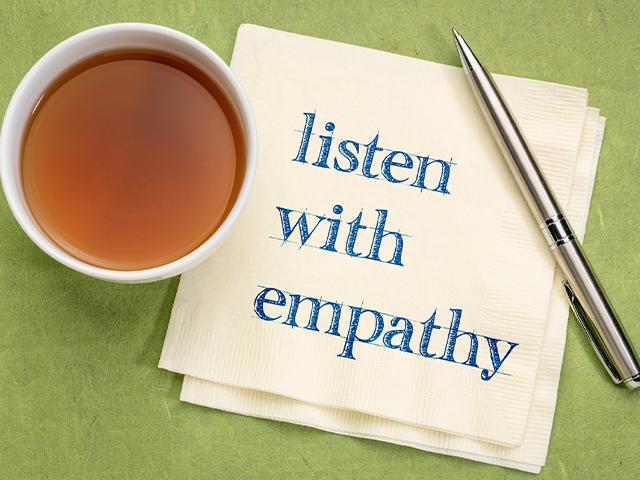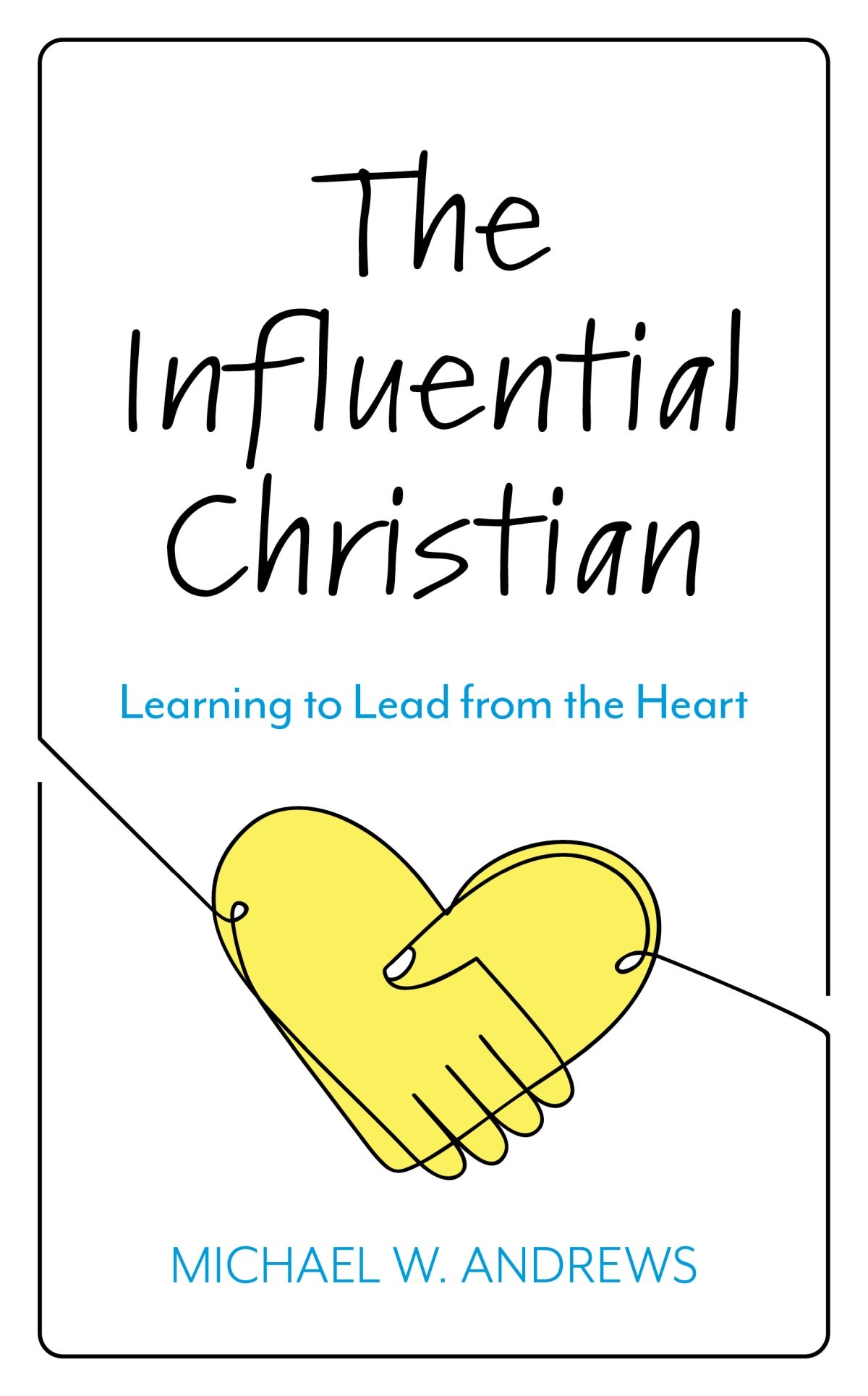Empathy and Healthy Boundaries
We all want to be connected with people, and most of us desire connections that cultivate deep, heartfelt engagement. How is it possible to create relationships that bind us together and also withstand the differences in our identities? How can we move beyond superficial encounters in order to form meaningful harmonies that outlast the discordant pressures of our society? In my new book, The Influential Christian: Learning to Lead from the Heart, I suggest that practices of empathy are our primary means for creating heart-to-heart connections. Furthermore, empathy can be learned, developed, and applied to most of our situations—even those that involve difficult people.
Empathy is about sharing, understanding, and valuing other people’s experiences. People want to be seen, heard, and appreciated in a way that exhibits both generosity and accountability, both grace and responsibility. Empathy is the quality that engages the heart in all of its dimensions. It is often described as “walking in another person’s shoes,” but we must be aware of what it is like for them to walk in their shoes. Otherwise, we’re just trying on a pair of shoes and missing the opportunity to share in another person’s experience. Empathy consists of both feeling and thinking in order to relate to what another person is going through. It also balances an awareness of others with an awareness of ourselves, creating a need to exercise healthy boundaries between people. Boundaries are social restraints that we place on ourselves and others to maintain accountability and safety in the presence of our vulnerability. Differentiating between my own identity and the other person’s identity helps us protect each other.
The apostle Paul introduced a similar concept when he told the church to “carry each other’s burdens” (Galatians 6:2, NIV) but that “each one should carry their own load” (6:5).
Paul was looking for a balance. Without healthy boundaries, our hearts will be overwhelmed and will eventually shut out relationships. God designed us to love each other while maintaining our own wholeness, and that requires our identities to be both connected and distinct.
Expressing empathy means paying attention to circumstances that could be uncomfortable and to ideas that I may not like, while maintaining a high regard for the other person’s experience and expression. Fortunately, empathy in the presence of fear or disagreement often calms the conversation to a point that people can begin to understand each other. A constructive dialogue can happen when empathy is present. As exemplified by Beth Messick, the executive director of Jasmine Road in Greenville, S.C., respect for boundaries can foster dialogue with women who are trapped in sex trafficking and drug addiction:
Beth influences by example. She is certain that God puts people in our path for a reason, and he helps us step out on their behalf. We are not called to fix other people’s problems—our part is to listen to God’s guidance and to listen to other people’s perspectives. Beth finds that simply being curious and interested in people’s lives helps them open up to possible changes. She explains that it can take years of interaction with people to become credible and to demonstrate that we genuinely care about their well-being. She listens intentionally to the difficult stories that women tell her, knowing that empathy drives connection. God is doing a holy work that bridges gaps between people—one small step at a time. [The Influential Christian, p. 104].
Growing in empathy requires that we humbly accept responsibility for our own actions, thoughts, and emotions while appreciating how others think and feel differently than we do.
The ultimate goal of empathy is love for our neighbor, so empathy may be the only way to bridge extreme viewpoints—regardless of whether those perspectives were born out of our fears, presumptions, compulsions, or ideologies. Of course, empathy does not always make a successful connection because people are sometimes unwilling to examine their thoughts and feelings. In some cases, it is more healthy to step back and leave the door open for future connection. With practice, we can all grow our empathic skills so that we can maintain healthy boundaries for ourselves while engaging in deep, meaningful conversations and relationships with others—even those who see things very differently.
Copyright © October 2021 Michael Andrews, used with permission.
Can God change your life?
God has made it possible for you to know Him and experience an amazing change in your own life. Discover how you can find peace with God. You can also send us your prayer requests.
We encourage users who wish to comment on our material to do so through our CBN Facebook page.







